Table of Contents
Introduction
Planning to move to the UK? Whether it’s for work, study, tourism, or family reasons, visa fees are an essential part of the application process—and they’ve just changed. As of April 2025, the UK Home Office has implemented new visa fee updates across various categories. These changes reflect the government’s ongoing review of immigration costs and services, and they may affect your budget depending on the type of visa you’re applying for.
Let’s break down what’s new, what’s more expensive, and what it all means for visa applicants in 2025.
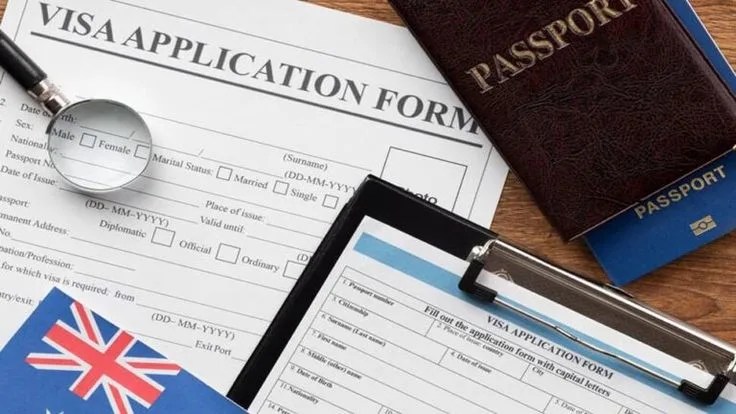
Why the Changes?
The UK government aims to ensure that the immigration system remains financially sustainable without burdening taxpayers. The fee hikes are part of a broader policy move to have visa applicants cover more of the cost of processing, border control, and associated services.
In some cases, the increases are marginal, but for others—particularly work and student visas—they are more significant.
Main Visa Categories Affected
1. Visitor Visas
The standard visitor visa for up to 6 months has increased from £115 to £130.
- Long-term visit visas (valid for 2, 5, or 10 years) have also seen incremental increases.
- These fees apply to tourists, short business visitors, and those visiting friends or family.
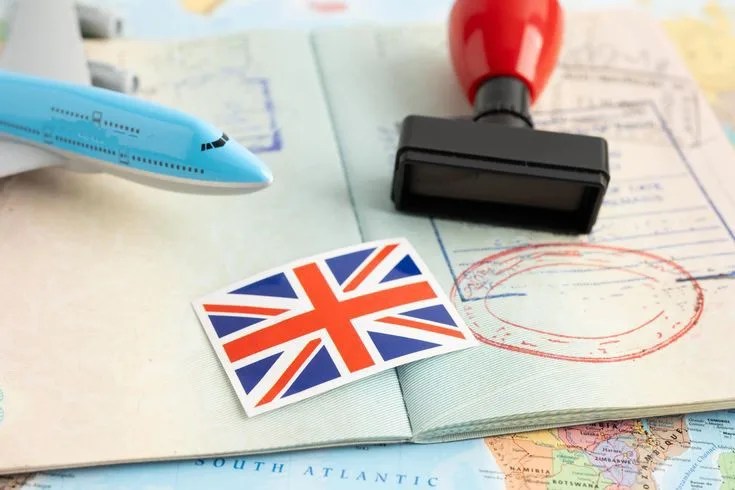
2. Work Visas (Skilled Worker Route)
This category has experienced one of the most noticeable fee changes.
- Skilled Worker visa (up to 3 years): Increased from £719 to £810
- Skilled Worker visa (more than 3 years): Now £1,620 (up from £1,423)
- Shortage Occupation roles still benefit from reduced rates, but they’ve also gone up slightly.
Employers sponsoring applicants should also take note, as Certificate of Sponsorship (CoS) fees remain separate from these figures.
3. Student Visas
Education remains a major reason people come to the UK, and student visa fees now stand at:
- £535 for applications made outside the UK (up from £490)
- £668 for extensions or switches inside the UK (up from £490)
This update impacts both undergraduates and postgraduates alike, as well as student dependents.
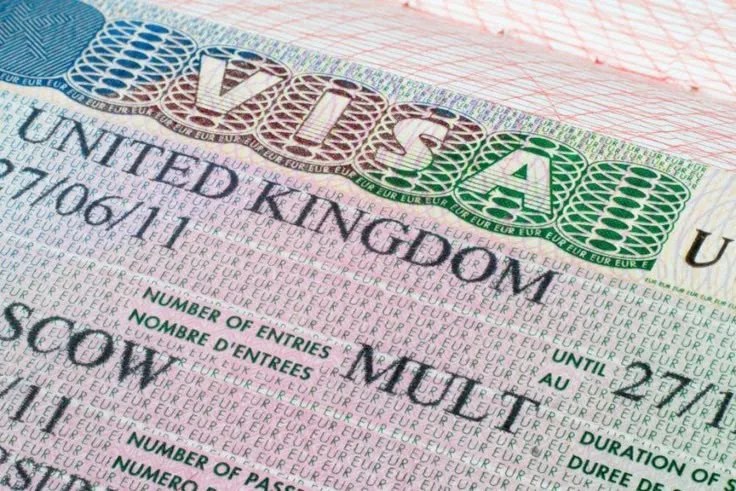
4. Graduate Visa
The popular Graduate Route, which allows students to stay and work in the UK after graduation, has gone up to:
- £840, from the previous £715
5. Family and Settlement Visas
The cost to join a spouse or partner in the UK, or to settle as a parent or child, is now:
- £1,846 (up from £1,538)
- Extensions and Indefinite Leave to Remain applications also saw similar hikes
6. Health and Care Worker Visa
Though still discounted compared to general skilled worker visas, the Health and Care Worker visa now costs:
- £510 (up from £284 for up to 3 years)
- £1,020 for more than 3 years
This visa continues to be exempt from the Immigration Health Surcharge, which remains at £1,035 per year for most other categories.
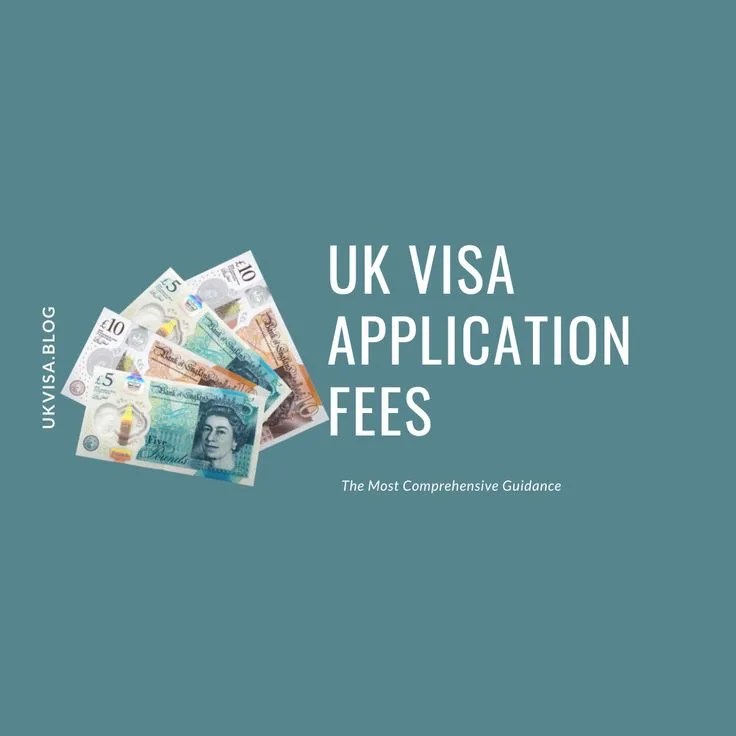
Immigration Health Surcharge (IHS) Update
The IHS, a mandatory payment for visa applicants staying in the UK for more than 6 months, is still:
- £1,035 per year (adults)
- £776 per year (students, youth mobility, and children)
This fee ensures access to NHS services while in the UK and is paid upfront for the entire visa duration.
Application Speed Options (Priority Fees)
The Home Office continues to offer priority and super-priority services, which are now:
- Priority Visa (5 working days): £500
- Super Priority (next day): £1,000
These fees are in addition to the base visa application fee.
Impact on Families and Employers
For families applying together, the total cost can add up quickly. For example, a family of four applying for standard Skilled Worker visas could spend over £6,000, not including the IHS.
Employers sponsoring foreign workers should also prepare for higher budgets, as increased visa costs may affect hiring decisions and internal policies.
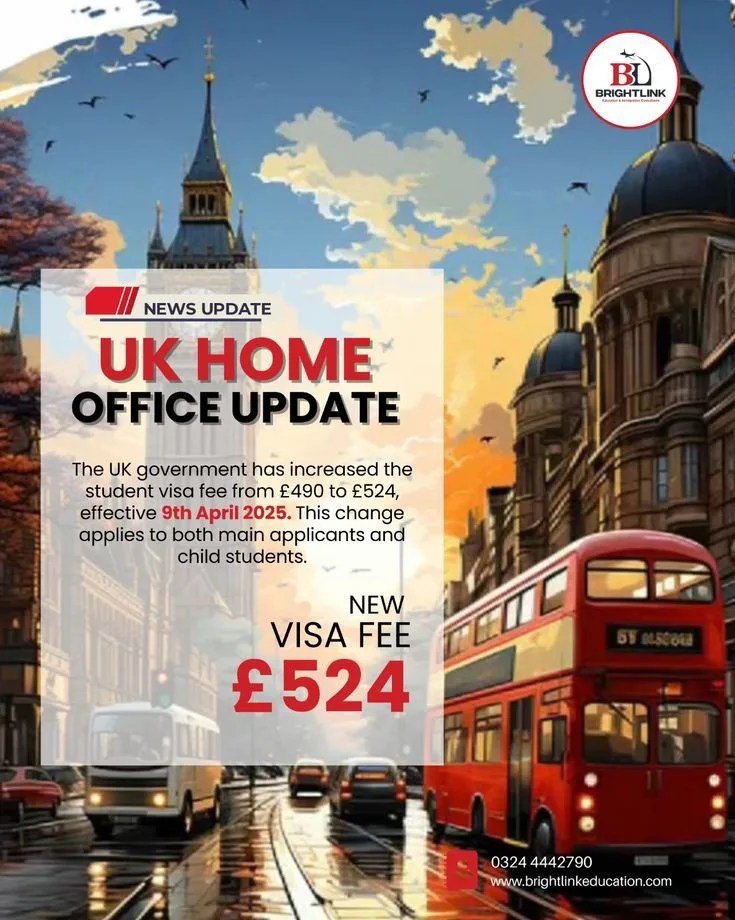
Tips to Navigate the 2025 Visa Changes
- Apply early: Avoid last-minute rush fees by preparing documents well in advance.
- Use official resources: Visit the UK Government Visa and Immigration page for up-to-date details.
- Budget for the IHS: Don’t forget this fee—it’s easy to overlook but significant in cost.
- Check exemptions: Some roles and applicants may qualify for discounts or fee waivers.
Conclusion
While the UK remains a top destination for work, study, and life, the new 2025 visa fee updates mean applicants will need to budget more carefully. These increases reflect the government’s push toward a user-funded immigration system, but they also signal the UK’s ongoing demand for global talent—especially in healthcare, tech, and academia.
Stay informed, plan ahead, and make sure you understand your eligibility and costs before starting your UK visa journey in 2025.



